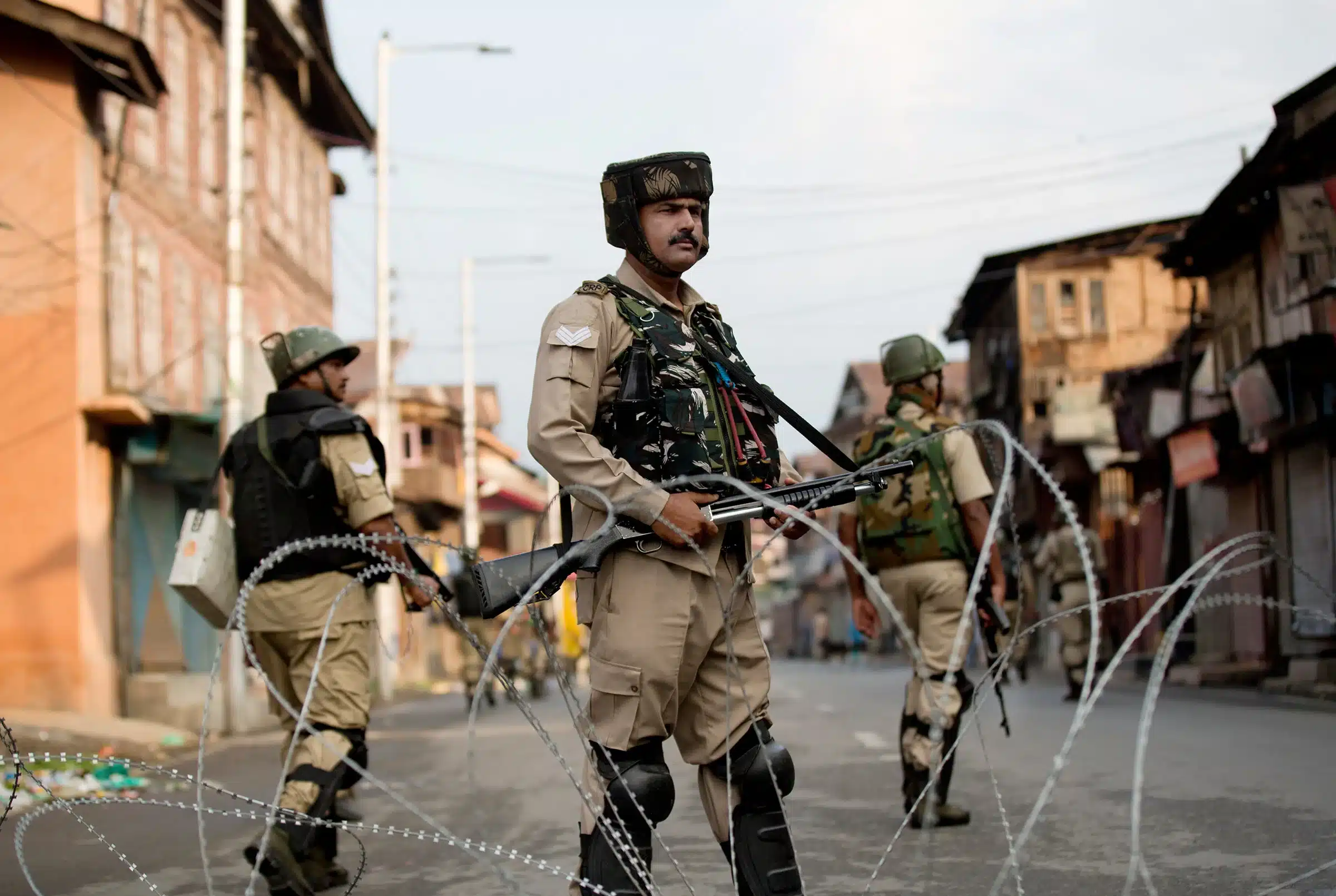On this day in 2019, India scrapped Article 370 from its constitution and revoked Kashmir’s status as a separate state. Later, Indian government also abrogated Article 35A. Despite claiming rapid development and stability in the last three years, reports from different mediums are showing different pictures. From increase in civilian killings to change in Kashmir’s demography with Indians buying lands, there are increased concerns in the local communities.

India-Linked Criminal Networks in US: Human Trafficking & Rogue Activity
US arrests highlight India-linked trafficking, transnational crime, and state-linked rogue activity threatening Western security.





![Prime Minister Narendra Modi with External Affairs Minister S. Jaishankar at an official event. [Photo Courtesy: Praveen Jain via The Print].](https://southasiatimes.org/wp-content/uploads/2026/02/20-scaled-e1755601883425-1024x576-1.webp)